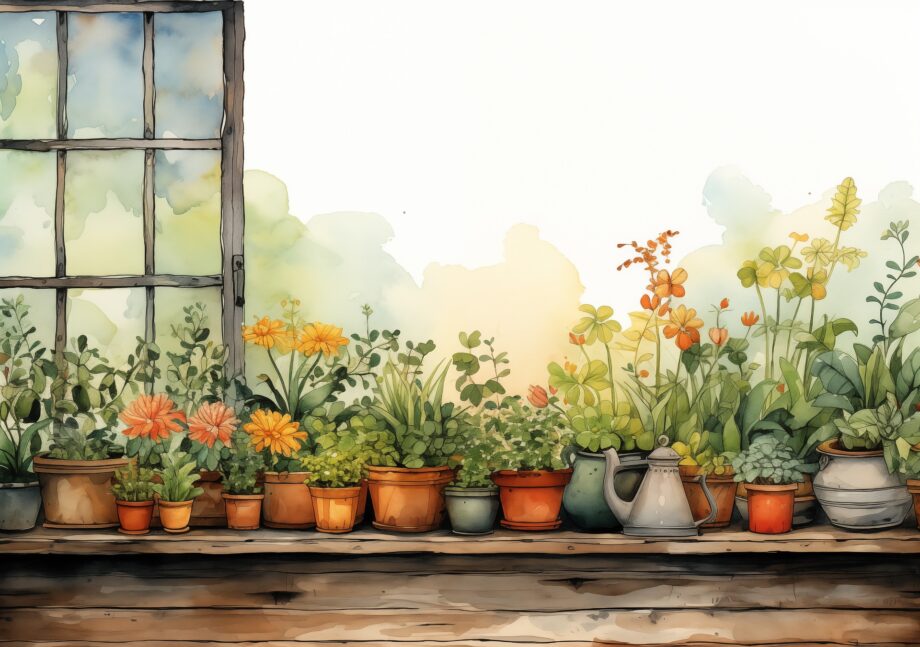Here are some detailed tips to help you continue planting as you get older:
1. Raised Garden Beds
Raised garden beds reduce the need to bend or kneel, making it easier to plant, weed, and harvest. They can be built at a height that is comfortable for you, reducing strain on your back and knees. Additionally, raised beds can improve drainage and soil quality, leading to healthier plants.
2. Container Gardening
Using containers for gardening allows you to grow plants on patios, balconies, or other accessible areas. Containers can be placed at a height that is easy to reach, and they can be moved around as needed. This flexibility is especially useful for adjusting to different light conditions and protecting plants from harsh weather.
3. Ergonomic Tools
Invest in ergonomic gardening tools designed to reduce strain on your hands and wrists. Look for tools with padded handles, lightweight materials, and long handles to minimize bending and stretching. Ergonomic tools can make gardening more comfortable and enjoyable, allowing you to work for longer periods without discomfort.
4. Gardening Seats and Kneelers
Use gardening seats or kneelers with handles to provide support while working. These can help you get up and down more easily and reduce pressure on your joints. Some kneelers can be flipped over to serve as a seat, providing versatility and comfort during different gardening tasks.
5. Automated Watering Systems
Consider installing automated watering systems, such as drip irrigation or soaker hoses, to reduce the need for manual watering. This can save time and effort while ensuring your plants receive consistent moisture. Automated systems can be set on timers, allowing you to maintain a regular watering schedule without the physical exertion.
6. Choose Low-Maintenance Plants
Opt for low-maintenance plants that require less frequent care. Perennials, native plants, and drought-tolerant species can thrive with minimal attention, making gardening more manageable. These plants are often more resilient and can withstand varying conditions, reducing the need for constant monitoring.
7. Plan Your Garden Layout
Design your garden layout to minimize the need for heavy lifting and long walks. Group plants with similar care needs together and place frequently used tools and supplies within easy reach. A well-planned layout can make gardening tasks more efficient and reduce physical strain.
8. Take Breaks and Pace Yourself
Gardening can be physically demanding, so it’s important to take regular breaks and pace yourself. Listen to your body and avoid overexertion to prevent injuries. Set realistic goals for each gardening session and take time to rest and hydrate.
9. Seek Help When Needed
Don’t hesitate to ask for help from family, friends, or gardening groups. They can assist with tasks that are physically challenging, allowing you to continue enjoying your garden. Community gardening groups can also provide social interaction and support.
10. Stay Active and Healthy
Maintaining overall physical health through regular exercise, a balanced diet, and proper hydration can help you stay active and enjoy gardening for years to come. Staying fit can improve your strength, flexibility, and endurance, making gardening tasks easier and more enjoyable.
By making a few adjustments and using the right tools, you can continue to enjoy the benefits of gardening well into your golden years.

